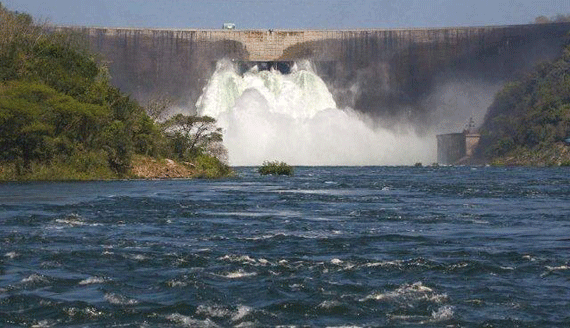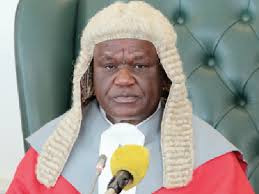
LUSAKA — The European Union (EU) says it will release between $85 million and $100 million by July this year towards repair works for a dam jointly owned by Zambia and Zimbabwe which has developed cracks which are threatening its existence, the Zambia Daily Mail reported on Friday.
Engineers have warned that the Kariba Dam, Africa’s largest man- made lake measuring 226km long and in some places 40km wide, has developed weaknesses and may collapse if nothing is done to repair it in the next three years.
The collapsing of the dam will affect nearly 3,5 million people in the Southern African region and about $250 million is required for its repair.
EU head of delegation in Zambia Gilles Hervio said he recently travelled to the EU headquarters in Brussels where the matter was presented.
“Kariba Dam is a potential disaster and I travelled to Brussels and by June and July, money will be released.
“We are studying it and no decision has been made yet, but the amount involved could be between $85 million and $100 million,” he was quoted as saying by the paper.
On Wednesday, the African Development Bank (AfDB) said it has started mobilising about $75 million to support the rehabilitation of the dam.
Last week, Finance minister Alexander Chikwanda said the government had sought support from the EU, AfDB and the World Bank to finance the rehabilitation of the dam.
- Chamisa under fire over US$120K donation
- Mavhunga puts DeMbare into Chibuku quarterfinals
- Pension funds bet on Cabora Bassa oilfields
- Councils defy govt fire tender directive
Keep Reading
Ministers responsible for energy and water developments in the two countries visited the dam on Tuesday and assured that the two governments were closely monitoring the dam.
The two ministers, who downplayed the seriousness of the problem, said “minor cracks” have appeared on the dam wall which must be mended. They further assured that there was no need to panic.
The dam, situated in southern Zambia’s Siavonga district, was constructed in the 1950s and supplies about 1 319 megawatts of electricity to the two countries.
– Xinhua










